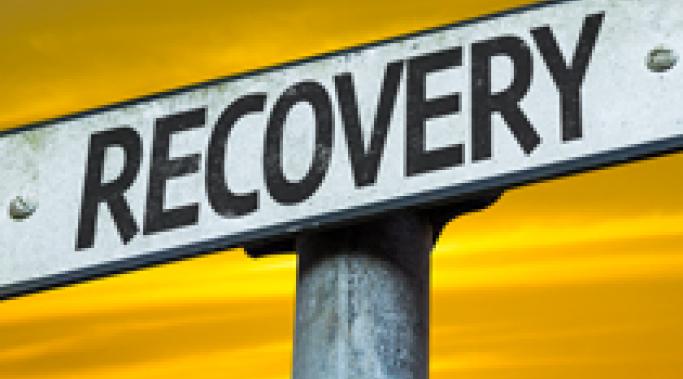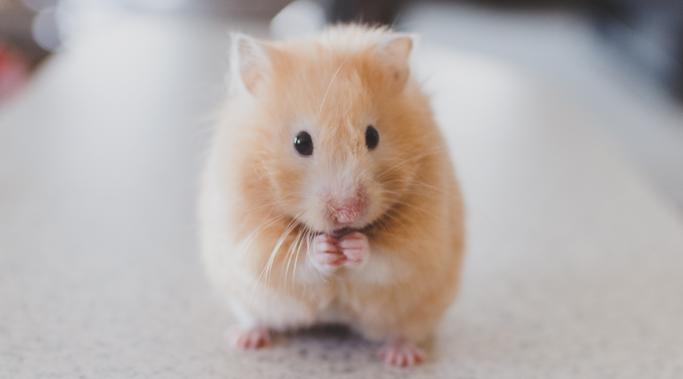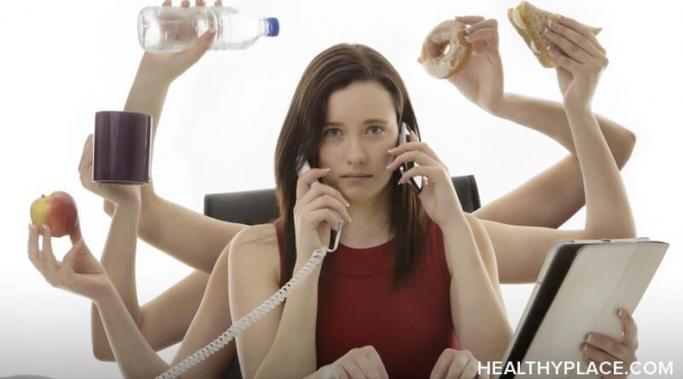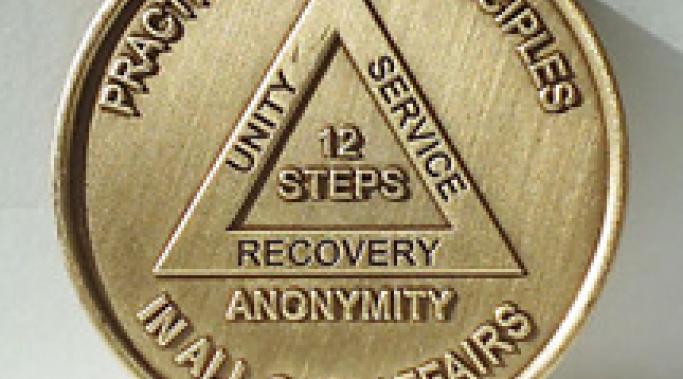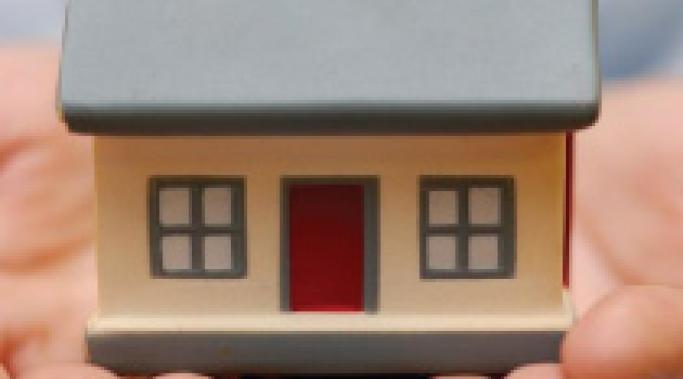Recovery from borderline personality disorder (BPD) is possible. I'm living proof. Recently, I ran across some old Facebook posts about moving into my own apartment and getting my own cell phone. That may not seem like much, but to me it's a huge victory. I am in recovery from borderline personality disorder--and I was once written off as a hopeless case. If I can recover from borderline personality disorder, so can you--you just need to find the right therapy, put in the effort, and recognize the small victories.
Mental Illness and Self-Care
Pokemon Go has taught me many things about mental health coping skills. Coping skills are vital to recovery--they're the bricks and mortar of building a new foundation for your life (Coping Skills for Mental Health and Wellbeing). Coping skills vary by person, and one of mine is playing Pokemon Go (I have the weight loss, buff legs, and sunburn to prove it). Here is what Pokemon Go taught me about mental health coping skills.
Research has shown the therapeutic value of animals. We've all seen service animals, but did you know that some states recognize psychiatric service animals or therapy animals? Some states, like Florida, allow psychiatric service dogs. And my state, Indiana, allows therapy animals. What legal protection they have depends on the state you're in, but it brings up the issue of the therapeutic value of animals.
Did you that vitamins can relieve some psychiatric symptoms? Recently my psychiatrist ordered some lab work because I was complaining of exhaustion, sleeping too much, and not feeling rested when I woke up. The labs revealed my iron was about half of what it should be, explaining the symptoms. When you are on your medications and in counseling and still feel symptomatic, there are vitamins that can relieve psychiatric symptoms.
Having a mentally healthy perspective is important. It's a new year, and that lends itself to reflection. Whether 2015 was kind, brutal, or somewhere in between depends largely on your perspective (Putting Mental Illness In Perspective). So having a healthy perspective is important. So how do we have a mentally healthy perspective?
Do you know how gut health affects mental health? We know that mental health and physical health aren't separate concepts. But still, it came as a slight surprise when my psychiatrist said that gastroenterologists call the gut "the second brain" because it has such a powerful impact on one's mental health. For example, constipation (a side effect of many psychiatric medications) can cause the body to kick into fight-flight-freeze mode, which causes racing thoughts, fear, and panic. So it is important to know how gut health affects mental health.
There are many ways the 12 steps help besides addiction relief. Recently, I lost my bus pass. I decided to ride my bike into town to save money, only to discover that someone had stolen the seat. I said, "Seriously?" and decided that if that was the worst thing that happened that day, I was blessed, and went about my day in a cheerful mood. That would not have been possible without the 12 steps of A.A.. So here are three ways the 12 steps help besides addiction relief.
How does one go about finding safe people for mental illness recovery? Recently I wrote about developing a safe place for mental illness recovery. A safe place is enhanced by safe people, either real or fictional. Safe people are vital to recovery from trauma and in therapy. So here are three safe people one should find for mental illness recovery.
Did you know that the heat can affect psychiatric patients? Recently I moved into an apartment with no air conditioning--and Indianapolis has been hotter than usual. I noticed that my mental illness symptoms are worse than usual as well, so I researched how heat can affect psychiatric patients, both physically and mentally. I found that heat can affect psychiatric patients by interfering with their ability to sweat, increasing depressive symptoms, and increasing suicidal ideation.
There are--and needs to be--different levels of housing for people with mental illness. Recently I moved from my apartment into a temporary group home--or, as I prefer to think of it, leapt from the frying pan and into the fire. I've traded a mouse and bedbug infestation for patients who can't control when they go to the bathroom, untrained staff, and staff that sometimes sleep on the job. That said, it beats a homeless shelter. It made me think about the need for different levels of housing for people with mental illness.
